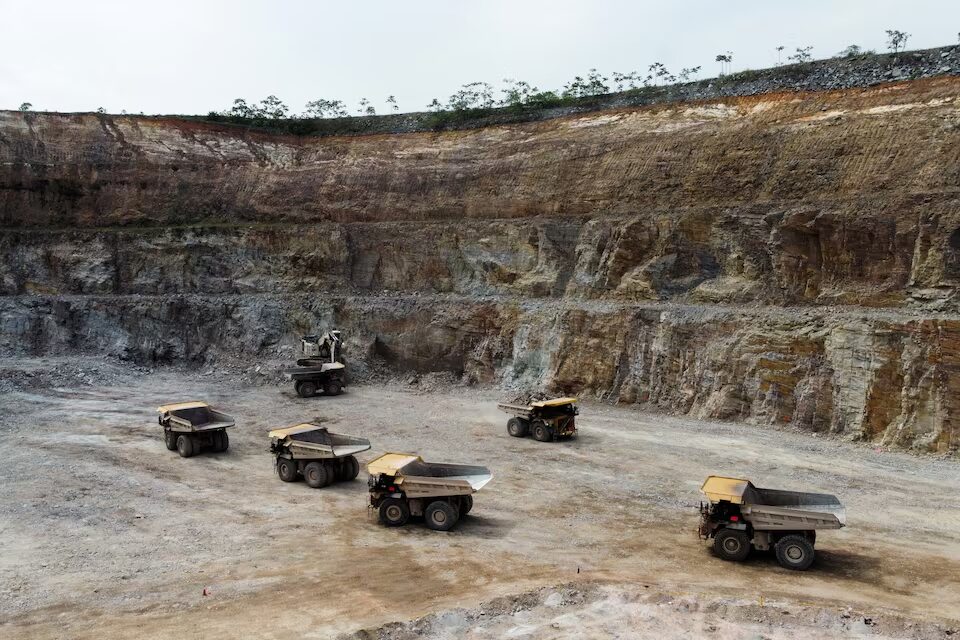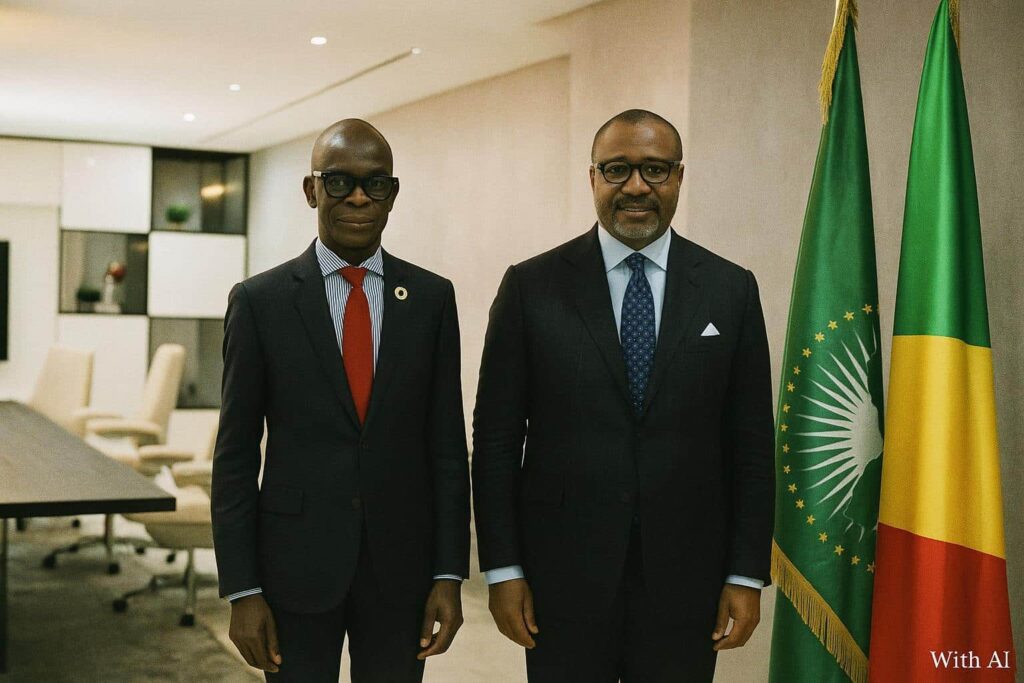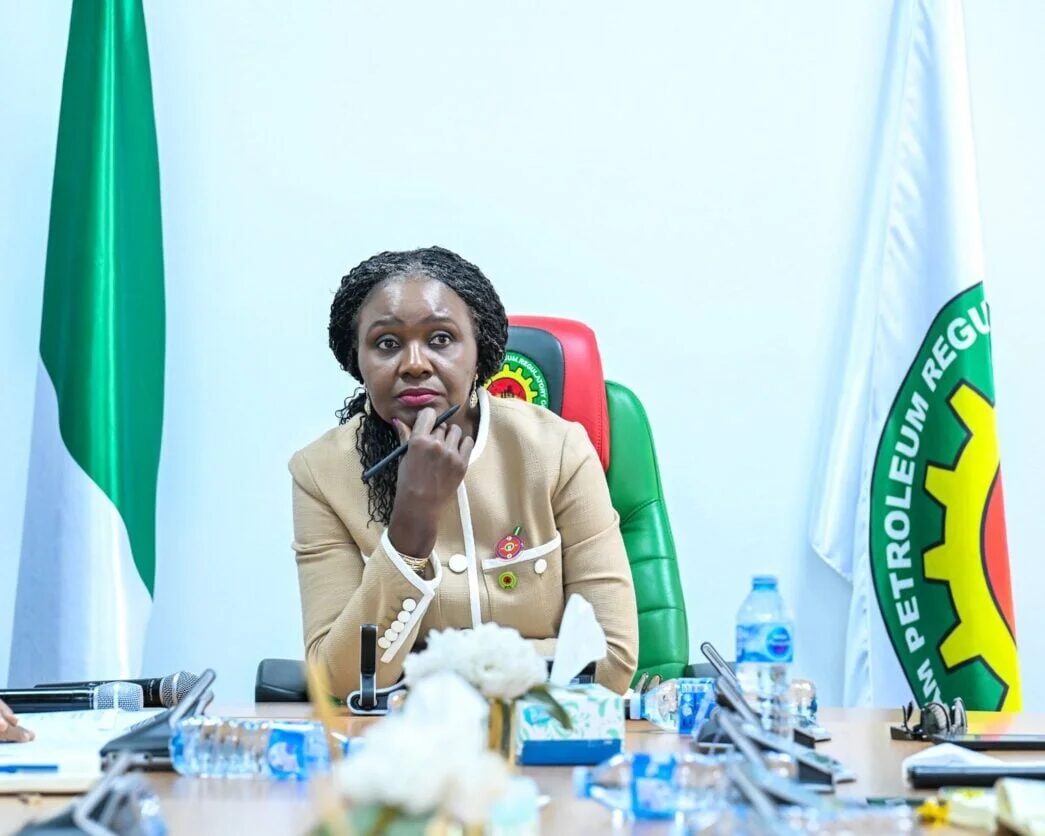
Friday 21st November 2025

by inAfrika Newsroom
Central Africa health security plans received a major boost after the World Bank approved a new US$290 million financing package. The third phase of the Health Security Program in Western and Central Africa will expand to four Central African countries, supporting emergency preparedness, surveillance and response. The package combines US$280 million in IDA grants and credits and a US$10 million grant from the Global Financing Facility.
According to the Bank, funds will help countries improve laboratories, disease surveillance systems and frontline workforce training. In addition, the programme will support cross-border coordination and data sharing, since outbreaks rarely stop at national lines. Officials said the Central Africa health security effort builds on earlier phases that strengthened systems in West Africa after the Ebola crisis.
Regional economic communities and Africa CDC are closely involved in the new phase. They will help align country plans with wider African Union frameworks on health security and pandemic preparedness. Moreover, the initiative aims to create jobs, as investments in laboratories, logistics and digital platforms require skilled staff and local suppliers.
The programme will also link to broader regional-integration work. For example, better health security along transport corridors can reduce disruption during outbreaks and keep trade flowing. Consequently, the World Bank is positioning the initiative as both a public-health measure and an economic resilience tool.
Project teams plan to work with ministries of health, finance and transport to ensure systems are sustainable. They will also track results such as detection times, vaccination coverage and the speed of cross-border alerts. Lessons from Central Africa are expected to inform future phases in other parts of the continent.
Central Africa health security investments carry implications far beyond the four participating countries. As the COVID-19 and Ebola crises showed, weak surveillance in one place can quickly become a regional problem. Stronger laboratories and early-warning systems reduce the time between the first case and the first response. That gap often decides whether an outbreak stays local or grows into a multi-country emergency. Better preparedness also protects frontline health workers and builds public trust, which is vital when rumours spread faster than facts. Furthermore, reliable systems mean fewer border closures and trade disruptions, which helps farmers, traders and transporters keep goods moving. Over time, a safer health environment can attract investment in sectors such as tourism, manufacturing and services, supporting jobs for Africa’s growing youth population.


